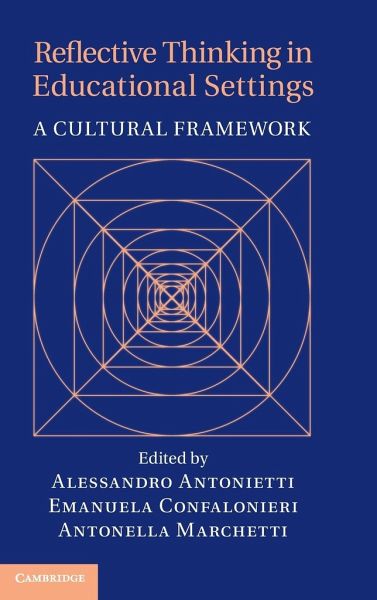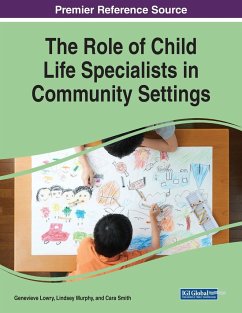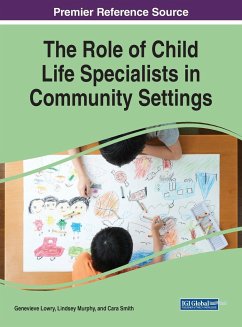
Reflective Thinking in Educational Settings
Versandkostenfrei!
Versandfertig in 1-2 Wochen
120,99 €
inkl. MwSt.
Weitere Ausgaben:

PAYBACK Punkte
60 °P sammeln!
This volume examines the role that culture plays in the acquisition of cognitive, linguistic, and social skills. Taking reflective thinking as a central analytical concept, the contributors investigate the role of personal reflection in a series of mental activities, including the creation of social relationships, the creation of a mental narrative to make sense of events, and metacognition. These three types of cognition are usually conceived of as separate research fields. Reflective Thinking in Educational Settings draws these discrete subfields into dialogue, exploring the connections and ...
This volume examines the role that culture plays in the acquisition of cognitive, linguistic, and social skills. Taking reflective thinking as a central analytical concept, the contributors investigate the role of personal reflection in a series of mental activities, including the creation of social relationships, the creation of a mental narrative to make sense of events, and metacognition. These three types of cognition are usually conceived of as separate research fields. Reflective Thinking in Educational Settings draws these discrete subfields into dialogue, exploring the connections and interplay among them. This approach yields insight into a range of topics, including language acquisition, cognitive processes, theory of mind, cross-cultural interaction, and social development. The volume also outlines the implications of these findings in terms of further research and possible social policy initiatives.














